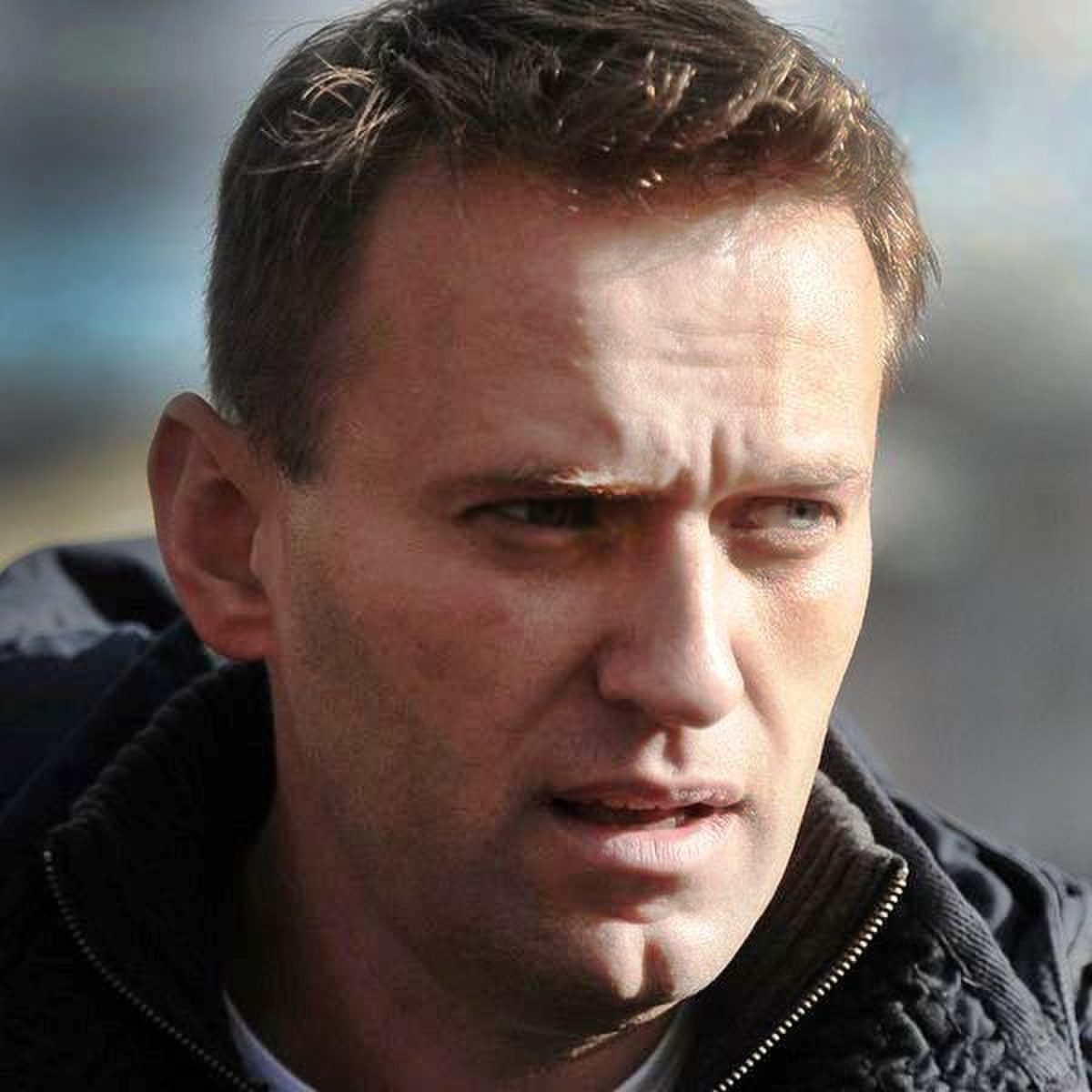Russian lawyer Alexei Navalny was found dead in prison on Feb. 16. Navalny, an outspoken opponent of Russian President Vladmir Putin, spearheaded a movement opposing the oppressive government that gained immense traction over the last 10 years.
Navalny died in the IK-3 penal colony, located in the city of Kharp, which is in the Yamalo-Nenets region of Russia. According to the penitentiary staff, Navalny “felt unwell after a walk, almost immediately losing consciousness,” and was treated with all the necessary resuscitation measures before passing away. Russian officials now claim that the cause of death was “sudden-death syndrome,” a nickname for various cardiac diseases. No official cause of death has been revealed for the 47-year-old political activist in the time since.
Navalny was in prison serving a 19-year sentence for extremism charges, a result of his intense political campaigning against Putin. His advocacy against the corrupt government began in 2008, when he began his campaign through a scheme called stakeholder activism. Navalny purchased small stocks in various Russian companies to gain access to stakeholder meetings and information, which he then used to expose corruption in the business that plagues the Russian government. He continued his investigations into numerous other areas of corruption and posted all of his findings to his blog, which allowed him to circumvent the oppressive Russian government’s control of the media. Navalny coined the phrase “party of crooks and thieves” when describing Putin’s political party, United Russia.
In 2011, after Putin won the presidential election amid reports of voter fraud, Navalny helped organize the largest wave of protests in Russia since the fall of the Soviet Union. Navalny and his movement gained so much traction that he ran for mayor of Moscow in 2013. A day after he announced his campaign, Navalny was arrested on embezzlement charges and sentenced to five years in prison in a trial that was scrutinized by many as Putin’s continued attempt to silence Navalny. Protesters immediately hit the streets, and the following day the activist was freed pending his appeal.
However, in the end, longtime Putin-ally Sergey Sobyanin won the mayoral reelection with 51% of the votes, beating out Navalny’s still significantly high 27%.
Navalny would go on to challenge Putin in the 2018 presidential election; however, the Russian government quickly disqualified his candidacy based on his prior embezzlement charge. Despite the roadblock, Navalny did not stop fighting Putin’s regime and urged his supporters to participate in “smart voting.” Because he and his associates were barred from elections, Navalny inspired people to vote for a minor party candidate that was running against the United Russia candidate. Even though the opposing candidates were still most likely backed by Putin’s regime, it still helped to stoke the fire burning the president’s legitimacy.
Alexei Navalny’s influence stretched much farther than most could have imagined.
More recently, on a flight from Tomsk to Moscow, Navalny became mysteriously ill. During recovery in a German hospital, it was discovered that he had been poisoned with a Russian nerve agent, a sign of a possible assassination attempt by Putin. Miraculously, Navalny recovered and was undeterred in his anti-Putin campaigning, especially with the rapid decline of the president’s approval rating. Later that year, Navalny made contact with the agent responsible for poisoning him and, posing as a Russian government official, tricked the agent into admitting his role in the scheme.
In January of 2021, Navalny returned to Russia, knowing that upon his arrival he would be arrested. He was charged with violating his parole from his embezzlement charge and was sentenced to three and a half years in prison. Tens of thousands of Navalny’s supporters flooded the streets of Russian cities, and although the Russian media attempted to downplay it, Navalny’s movement continued to gain momentum despite his imprisonment. In August of 2023, he was sentenced to 19 additional years for extremism and was moved to the prison where he eventually died.
Alexei Navalny’s influence stretched much farther than most could have imagined. His campaigns were successful in chipping away at the oppressive structure of Putin’s regime and laid the groundwork for more activist work to be done in the time after his death.




